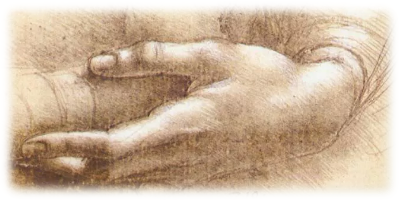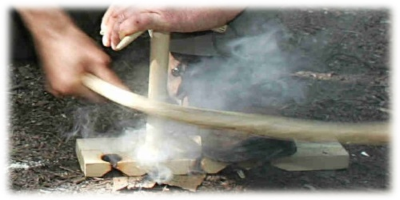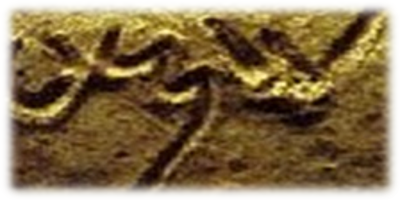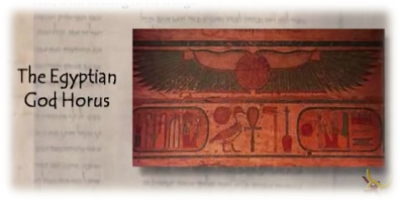When men fight with one another, and the wife of the one draws near to rescue her husband from the hand of him who is beating him, and puts out her hand and seizes him by the private parts, then you shall cut off her hand; your eye shall have no pity. (Deuteronomy 25:11-12, RSV)
This verse seems to clearly state that if a woman touches the private parts of her husband’s attacker; her hand is to be cut off. This seems to be a pretty drastic measure for what seems to us to be such a minor offense. But, once again, the translators have not been very consistent in their translation, possibly creating an erroneous interpretation.
The problem is that there are two very different Hebrew words used for “hand” in the verse above. The first one is the Hebrew word yad, which means “hand.” The second one is the Hebrew word kaph, which means “palm.” So, is this verse saying that her “palm” was to be cut off? I don’t think so as that would be pretty difficult. The Hebrew word kaph can mean more than just the “palm,” it is used for anything hollowed out like the cupped palm of the hand. In Genesis 32:25 this word is used for the groin, a hollowed out area of the body.
When the man saw that he did not prevail against Jacob, he touched the hollow of his thigh; and Jacob's thigh was put out of joint as he wrestled with him. (Genesis 32:25, RSV)
While many of my teachings go into proper Biblical interpretation, there is one aspect of Biblical interpretation that I have not discussed much—sanitization of the text. There are a lot of things in the Hebrew Bible that “cultured” people do not talk about, so the translators have “sanitized” the text so that the readers are not offended. Here is a possible translation of the above verse.
When the man saw that he did not prevail against Jacob, he kicked the hollow of his groin; and Jacob's groin was put out of joint as he wrestled with him. (Genesis 32:25, RSV)
Then in verse 31 we read, “And he limped because of his groin. ”
Now let’s look at the Hebrew word for “cut off.” This is the Hebrew verb qatsats, which means “to remove by cutting,” but this could also be extended to mean “to remove by stripping or shaving.” We see this word being used in such a way in 2 Kings.
At that time Hezekiah stripped the gold from the doors of the temple of the LORD, and from the doorposts which Hezekiah king of Judah had overlaid and gave it to the king of Assyria. (2 Kings 18:16, RSV)
Based on this interpretation of the Hebrew verb qatsats, Deuteronomy 25:12 could be read as, “shave her groin,” rather than, “cut off her hand.” However, in all my research, I have not come across anything about shaving the pubic hair to show guilt or dishonor. So, either this is a cultural aspect that is unknown to us, or it is a wrong interpretation.
This leaves us with two possible interpretations.
- Her hand was to be cut off.
- Her groin was shaved.
There is actually one more possibility. The phrase “cut off the hand” could be an idiom. An idiom is a phrase that has no relationship to its meaning. For example, our English idiom “kick the bucket” has nothing to do with “death,” the meaning of these idioms. “Cutting off the hand” could have been an idiom meaning something completely different and because the words of the idiom cannot be traced back to its meaning, there is no possible way to reconstruct the meaning of an idiom.
I have often wondered, how many phrases in the Bible have we interpreted literally, when in fact, they were originally an idiom; with a meaning very different from how we have been translating it.

Like what you’re discovering? Continue the journey from Bible reader to translator.
|







